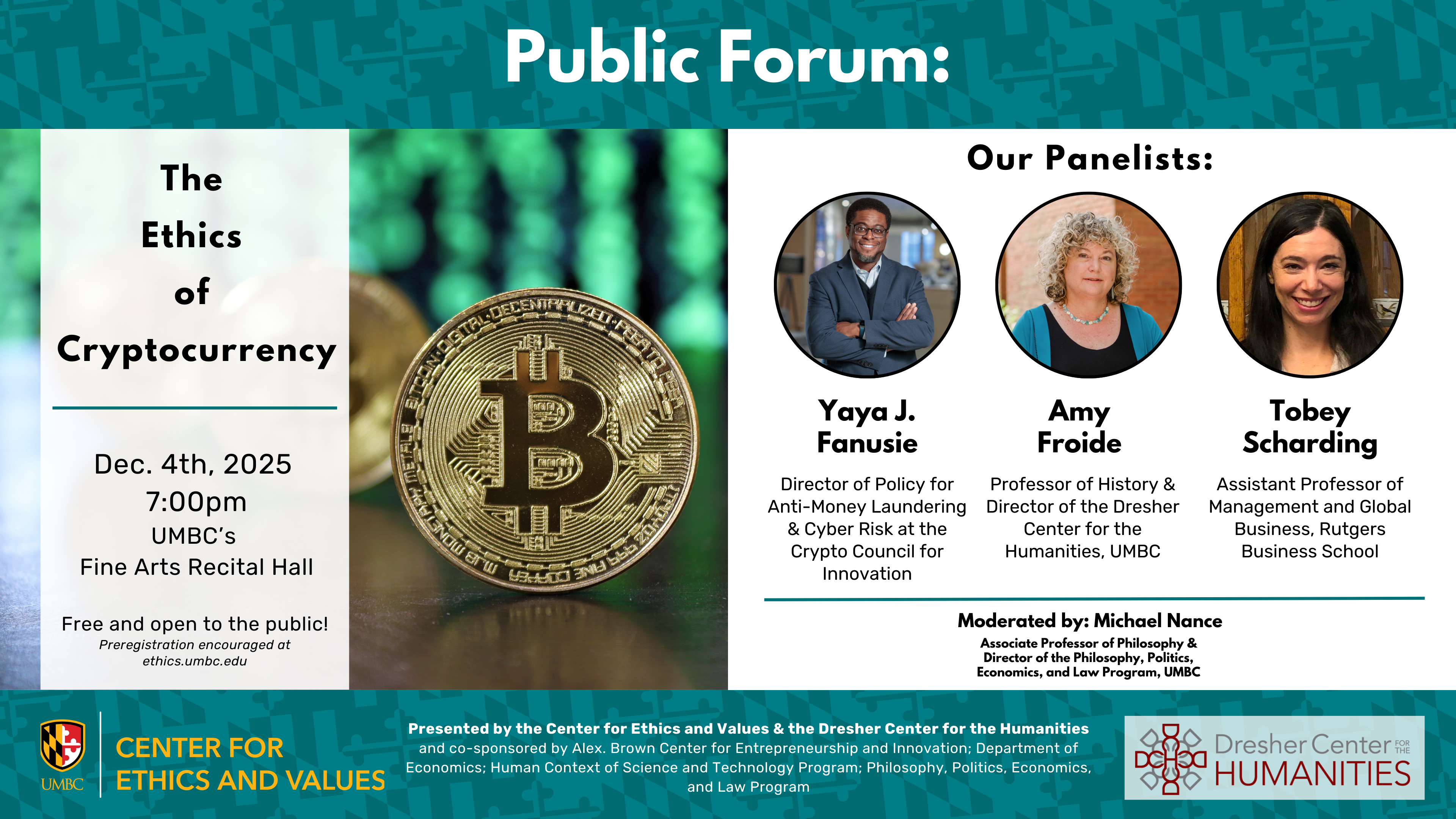  | December 2025 |   | |||||
| Sun | Mon | Tue | Wed | Thu | Fri | Sat | |
| 1 | 2 | 3 | 4 | 5 | 6 | ||
| 7 | 8 | 9 | 10 |
| 12 | 13 | |
| 14 | 15 | 16 | 17 | 18 | 19 | 20 | |
| 21 | 22 | 23 | 24 | 25 | 26 | 27 | |
| 28 | 29 | 30 | 31 | ||||
Gametic Politics: Eggs, Sperm, and Gender/Sex in the 21st Century
A Workshop for Early-Career Researchers organized by Rene Almeling and Sarah Richardson
April 16-17, 2026
Yale University
New Haven, CT
Details and application form here: https://www.renealmeling.com/gametic-politics.html
---Full CFP---
Call for Papers...
Gametic Politics: Eggs, Sperm, and Gender/Sex in the 21st Century
A Workshop for Early-Career Researchers organized by Rene Almeling (Yale) and Sarah Richardson (Harvard), to be held April 16-17, 2026 at Yale University in New Haven, CT
Inspired by rapidly emerging developments in the science and politics of fertility and by the rise of gametocentric definitions of sex, as well as a decades-long tradition of gender scholarship about gametes in relation to sex, race, sexuality, and health, we invite contributions to a workshop for early-career researchers in the social sciences and humanities who are developing the next generation of scholarship about eggs and sperm. Our aim is to provide mentorship for further development of works-in-progress, either in the form of dissertation chapters or publishable articles.
We invite proposals from early-career researchers – e.g. graduate students, postdoctoral scholars, assistant professors – in the social sciences and humanities as well as interdisciplinary scholars in the health and life sciences who are studying any aspect of eggs and sperm. We are especially interested in creative and innovative theoretical and/or methodological approaches, and we intend for the topic of “gametic politics” to be understood broadly. Potential topics might include (but are definitely not limited to):
-analyses of how gametes have figured into historical and contemporary definitions of sex;
-the politicization of gametes across multiple domains, such as medicine, education, sports, and law;
-the intersection of gametic politics with myriad forms of inequality, such as those associated with gender, race, class, and sexuality;
-how various scientific approaches to gametes are mobilized in political discourse;
-individual experiences of and beliefs about gametes, including in relation to one’s gender identity;
-the emergence of gametic metaphors and their implications for science and society.
Timeline. Applications are due December 1, 2025. To apply for the workshop, early-career researchers (e.g. graduate students, postdoctoral scholars, assistant professors) should fill out this google form, which asks for contact information, a CV, an abstract (200 words), and a draft manuscript (3,000-4,000 words). Manuscripts may be co-authored, but all authors must be early-career researchers.
Decisions will be made by January 10, 2026. We plan to invite 10-15 applicants to a fully-funded two-day workshop to be held April 16-17, 2025 at Yale University in New Haven, CT. A full draft of the manuscript (7,000-9,000 words) will be due March 15 and will be circulated to all workshop participants. Each participant will be expected to read all drafts, and we will spend the in-person workshop discussing drafts and providing feedback for further development.
Workshop organizers will provide mentorship toward the development of manuscripts for submission for publication. In addition, some workshopped manuscripts may be considered for publication in a special issue of an academic journal, in which case final drafts will be due July 1, 2026.
If you have any questions or if you are unsure whether your paper fits the call, you are welcome to send a brief inquiry to rene.almeling@yale.edu and srichard@fas.harvard.eduwith the subject line: Gametic Politics Inquiry. Please include an abstract of your proposed paper (150-250 words), including your research question and methods.
Application form for the Gametic Politics Workshop: https://forms.gle/7tji42U196sWwr1FA
The governing board of the journal Philosophy of Medicine invites applications for a new editor-in-chief.
Your application should include a CV as well as a letter summarizing your fit for the role, addressing the items listed in the position description below and describing your vision for the journal. We are also happy to consider applications from teams of editors.
The governing board will begin reviewing applications on December 1, but if you are interested in the position and require additional time to submit an application, please let us know.
Philosophy of Medicine is a diamond open access journal established in 2021 to serve the field of philosophy of medicine, broadly construed. The mission of Philosophy of Medicine is to serve as the flagship journal for the field by advancing research in philosophy of medicine, by engaging widely with medicine, health sciences and the public, and by providing open-access content for all without charging authors publication fees. It is hosted by the University of Pittsburgh Library and receives financial support from the Center for Philosophy of Science at the University of Pittsburgh and the Faculty of Humanities at Durham University. The journal publishes both long and short forms of original research; perspectives; book reviews; and the “Examination Room”, where philosophical topics are brought to a healthcare audience. The journal had 11,308 article downloads in 2024 and has published 13 items in 2025 so far.
The journal is governed by a Charter (https://philmed.pitt.edu/
The Editor-in-Chief is responsible for leading and managing the Journal so that it fulfills its vision and mission. They will shape the creative vision of the journal, promote the journal, and expand its reach to potential authors and readers. They are also responsible for all financial and operational matters within the scope of the Budget agreed annually with the Governing Board, and for appointing, renewing and removing other members of the Editorial Team in consultation with the Governing Board. They have final responsibility for all publication decisions, and their editorial independence is strongly guarded by the journal’s Charter. With the support of the editorial assistant, routine editorial duties take no more than a couple of hours a week, but there are times when, and tasks for which, more application is required, such as managing the journal’s indexing on databases, managing the finances, dealing with complex editorial decisions, preparing reports for the governing board, and generally taking strategic decisions and actions to support the journal’s growth (e.g. Shall we have a special issue next year? What should it be on? Etc.).
A successful Editor-in-Chief will demonstrate many qualities, including:
- A commitment to the core values of the journal, as outlined in its mission and Charter;
- A passion and commitment to the field of philosophy of medicine;
- Good familiarity with scholarship across the spectrum of work in philosophy of medicine;
- Editorial experience with academic philosophy journals at some level;
- Sound editorial judgment and an eye for work with high philosophical potential;
- Leadership and teamwork skills, as the head of a group of editors;
- Vision and an enterprising attitude, in order to lead the journal to new heights;
- A commitment to the inclusion of diverse voices and perspectives in academic publishing.
In Person Conference
University of Bonn, 18-20 May, 2026
Hosted by the Center for Science and Thought (CST), University of Bonn, in collaboration with the Leverhulme Centre for the Future of Intelligence (LCFI), University of Cambridge. Funded by Stiftung Mercator.
The Ethics of Cryptocurrency

Thursday, December 4, 2025
7:00 – 8:30 pm
UMBC Fine Arts Recital Hall
This event will also be live streamed on UMBC’s YouTube Channel:
Preregistration is recommended, but not required
Yaya J. Fanusie, Director of Policy for Anti-Money Laundering & Cyber Risk at the Crypto Council for Innovation
Amy Froide, Professor of History & Director of the Dresher Center for the Humanities, UMBC
Tobey Scharding, Assistant Professor of Management and Global Business, Rutgers Business School
Moderated by Michael Nance
Associate Professor of Philosophy & Director of the Philosophy, Politics, Economics, and Law Program, UMBC

March 6-7, 2026
Virginia Tech
Call for Abstracts: We welcome extended abstracts (between 600-1,200 words) for papers on any topic in the philosophy of the social sciences, especially those that allow interdisciplinary research connections and that are consequential for practicing social scientists. The two-day workshop will allow intensive discussion of the work of its contributors.
Please email submissions to phi.soc.sci@gmail.com no later than December 15, 2025. Abstracts should be blinded and attached to the email as a Microsoft Word document; please include your full name and affiliation in the accompanying email; please also indicate if you would like to be considered for the award for best graduate submission; lastly, please indicate if you would like to be considered for a travel stipend, as some might be available on a case by case basis.
Papers in all areas of the philosophy of the social sciences are encouraged, including in the philosophy of economics and political science, as well as in underrepresented areas, such as the philosophy of psychology and philosophy of history. Selected papers will be published in a special issue of Philosophy of the Social Sciences.
This year’s Roundtable will host Maggie Penn (Political Science and Data & Decision Sciences, Emory) and Jennifer Raff (Anthropology, University of Kansas) as keynote speakers. We will have an 'author-meets-critics’ session with Armin Schulz (Philosophy, Kansas University) on his new book It's Only Human: The Evolution of Distinctively Human Cognition. Commentators will be Daniel Kelly (Purdue University) and Ron Mallon (Washington University in Saint Louis).
The Roundtable is supported by the David H. Kellogg Center for Philosophy, Politics, and Economics, the Department of Philosophy, the Center for Humanities, and the College of Liberal Arts and Human Sciences at Virginia Tech.